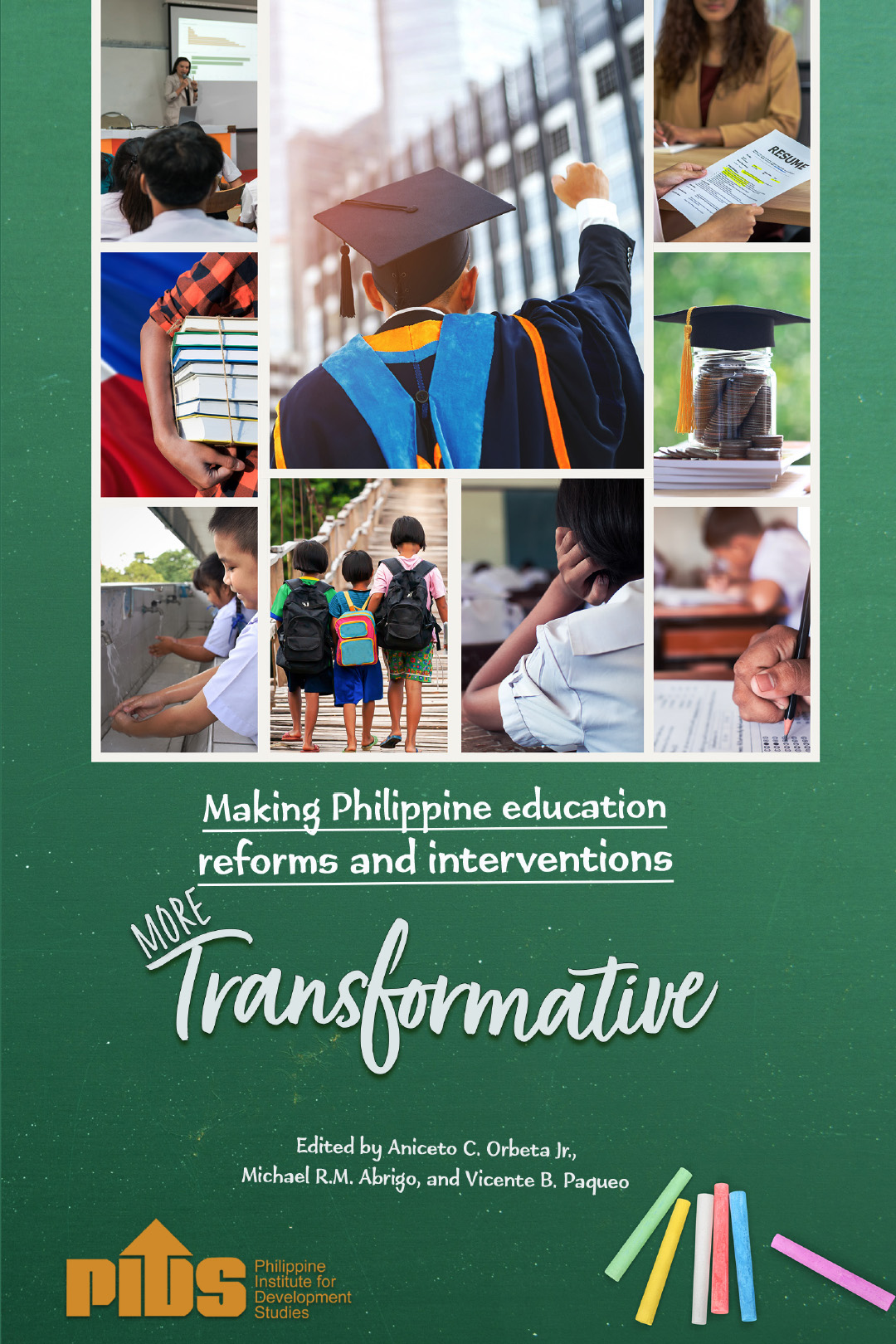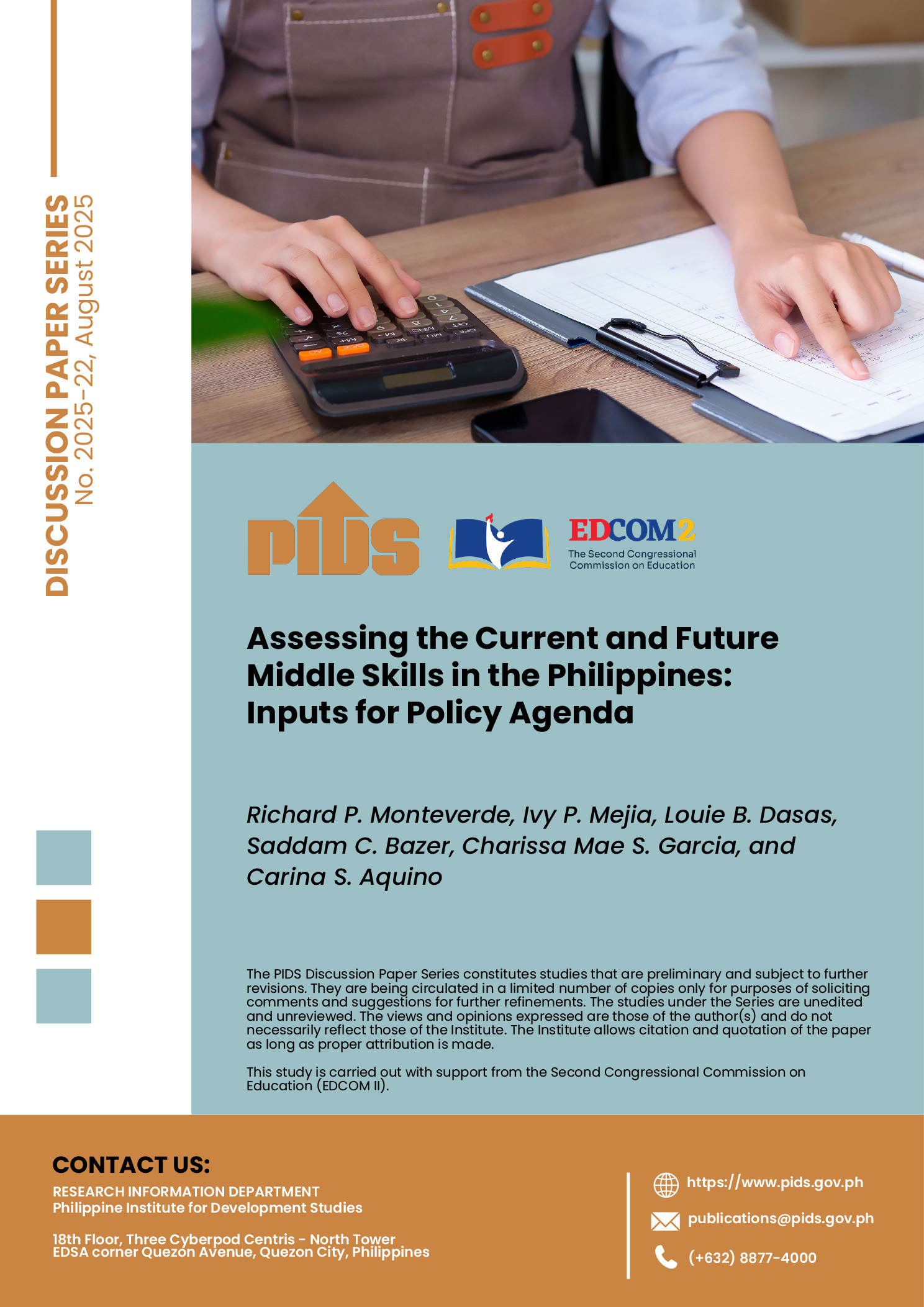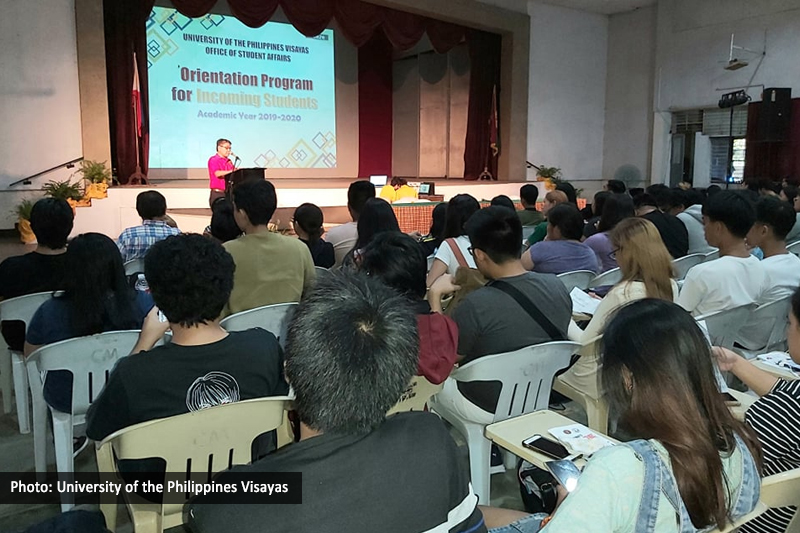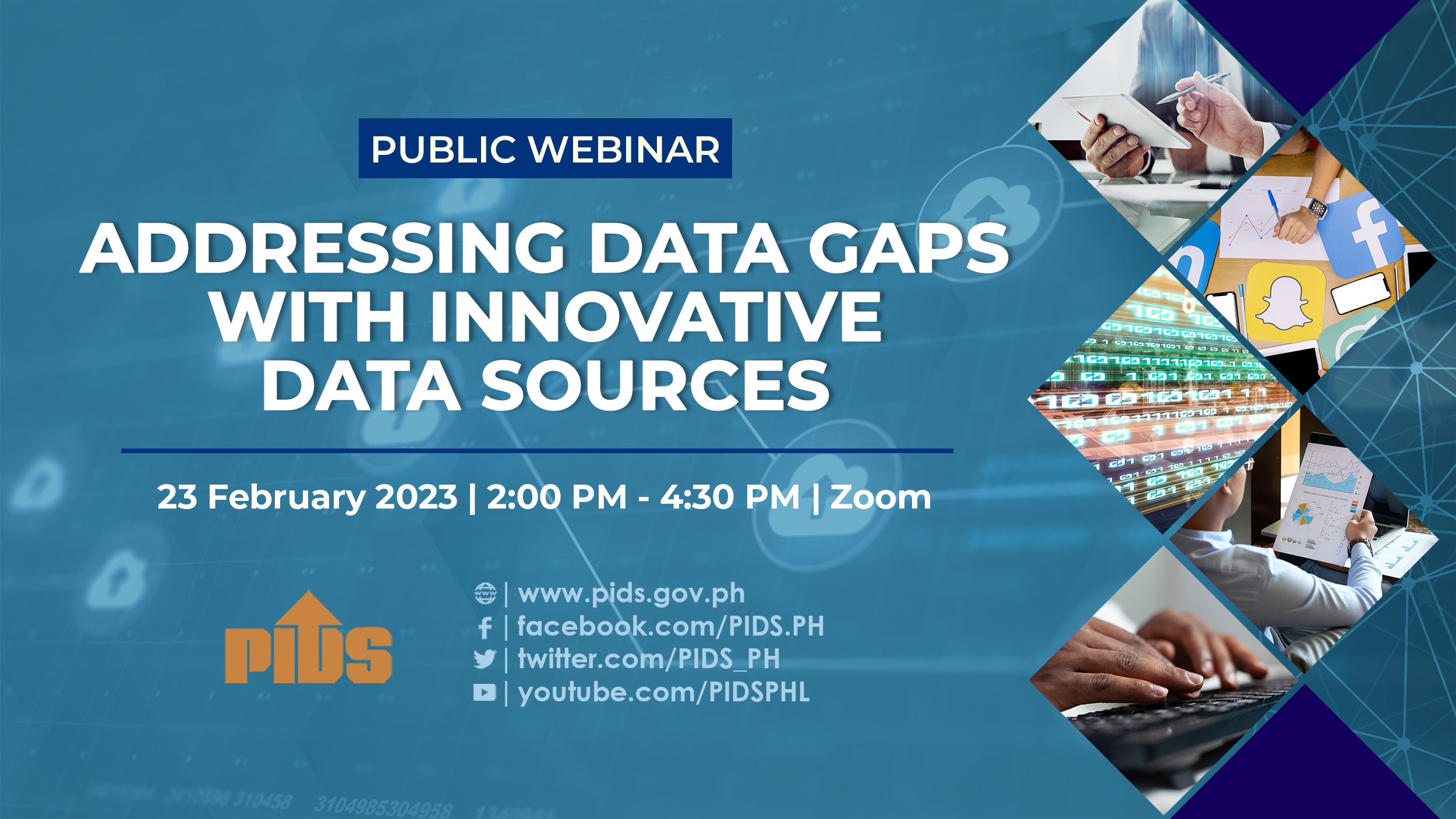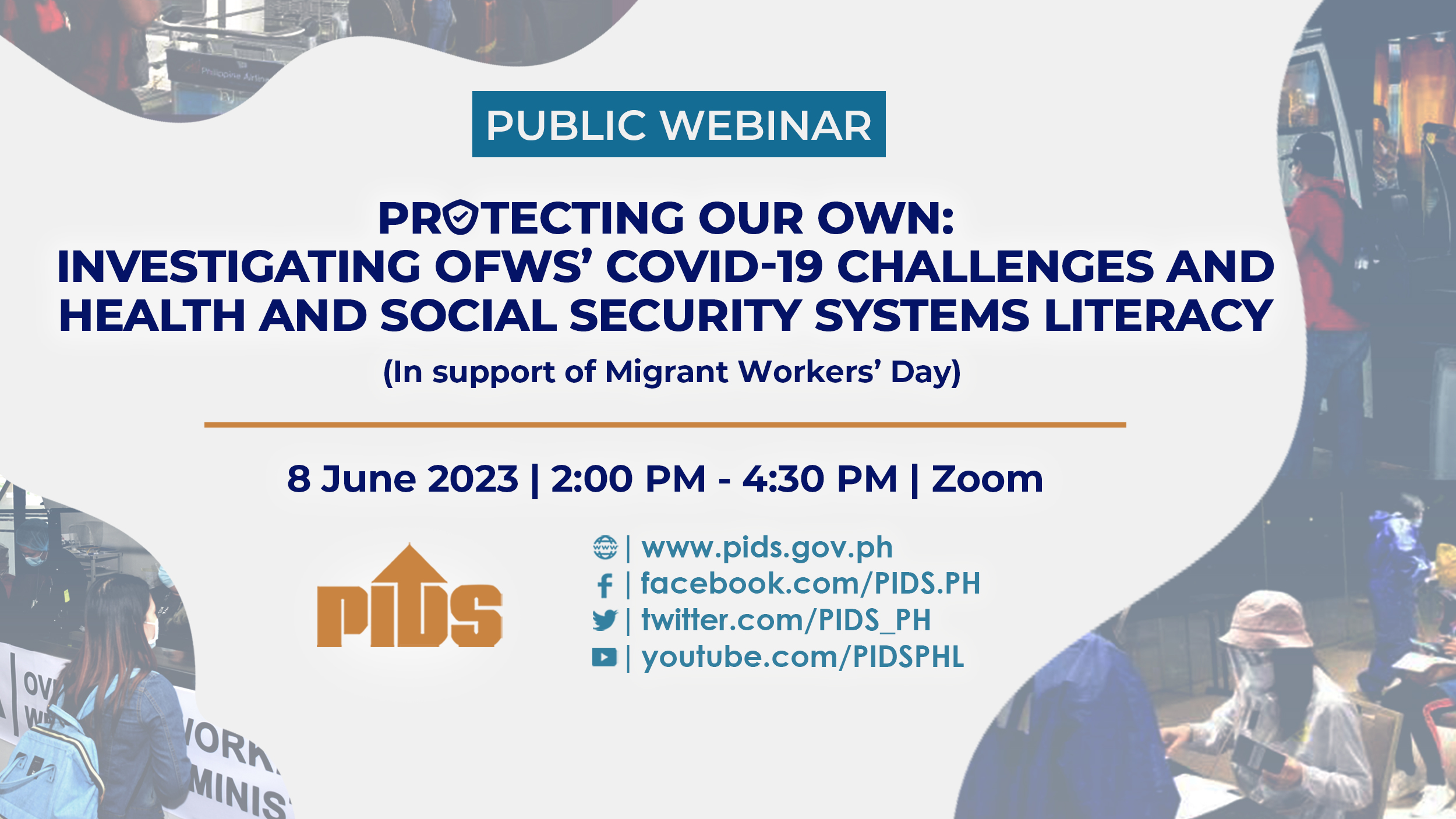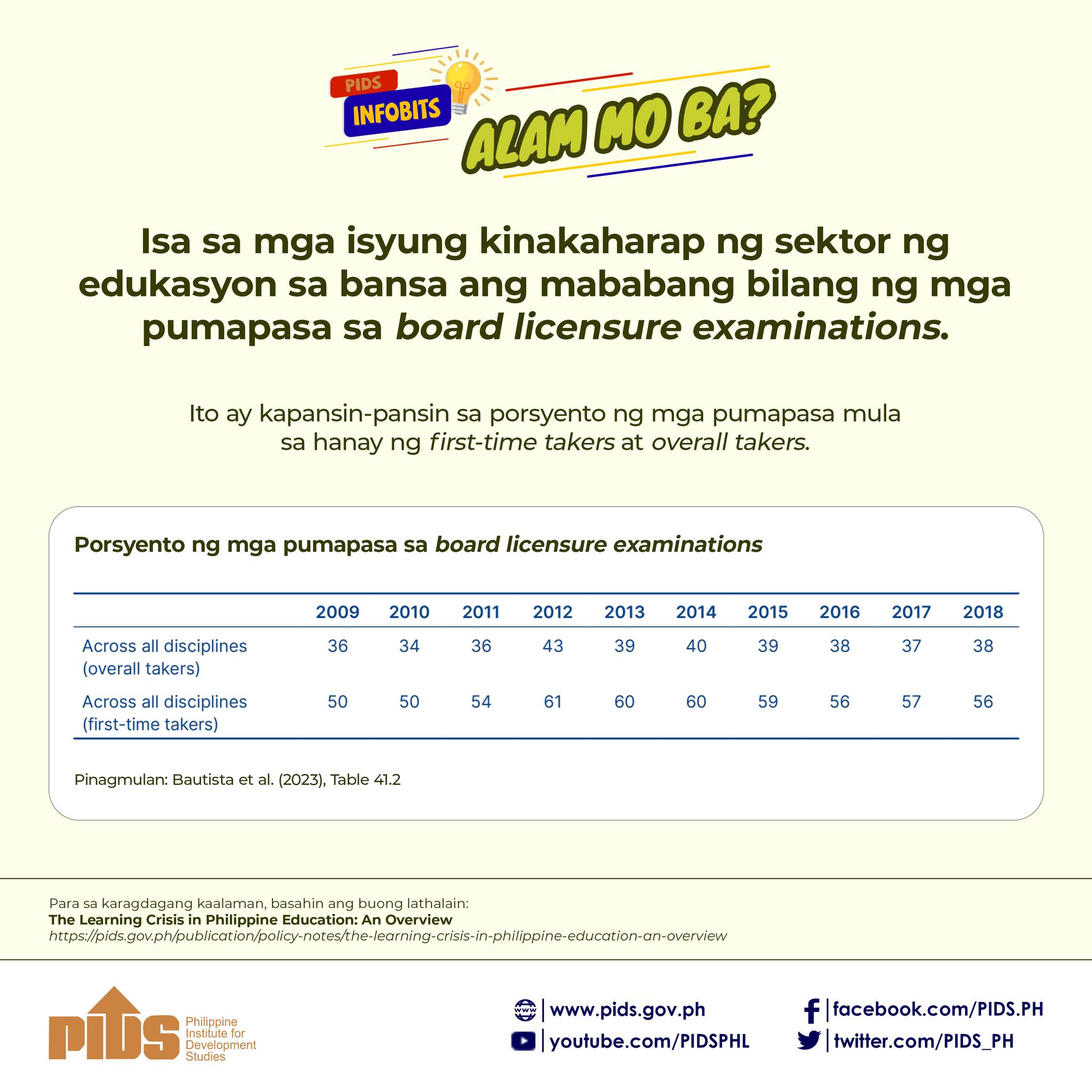In his piece “EdCom II and the promise of hope,” (Commentary, 3/29/23), Second Congressional Commission on Education (EdCom II) executive director Karol Mark Yee wrote he had come across anecdotal evidence that there are “Grade 9 and 10 students who still cannot read or are unfamiliar with basic mathematical concepts.” Later in the article, he said that the EdCom II sought the help of the Philippine Institute for Development Studies (PIDS), agencies, universities, and research centers “to ensure that we are guided by empirical data—not just anecdotal evidence.”
If presence of empirical data is a requirement of the EdCom II to act on a concern, then there must be other reasons why, almost a year into its term, the commission has yet to address the unimaginable phenomenon of high school illiterates. That’s because years before the body was created, empirical evidence showing that there are nonreaders in the secondary were already out in the open. Here are some:
The documentary “Pag-asa sa Pagbasa” aired by I-Witness, GMA 7 on Sept. 1, 2018, featuring 29 Grade 7 nonreaders in the Sauyo High School in Novaliches, Quezon City in school year (SY) 2018-2019.
Pre-test of the Philippine Informal Reading Inventory, reading test of the Department of Education (DepEd), showing there were 14,289 nonreaders in the secondary in Region 5 in SY 2019-2020.
Result of the 2018 Programme for International Student Assessment that 81 percent of our takers fell below the Pisa minimum reading proficiency level.
Given the first two evidence cited above, it is safe to assume that some of our Pisa examinees were still unable to read although they were already in high school.
In the same article, Yee wrote that the EdCom II aims to reverse the learning crisis through “effective, data-driven policies that address the root causes of the problem.” It is therefore concerning that up to now the EdCom II has yet to lift a finger on the shocking issue of high school students who could not read because our Pisa results, which are arguably our most authoritative student assessment data, clearly show that poor reading literacy is the root cause of our learning crisis.
The results confirm the finding of the Organization for Economic Cooperation and Development, the entity behind the Pisa, that there is a very strong positive correlation between reading proficiency and academic performance (“Reading for Change: Performance and Engagement across Countries”). First, the Philippines was last in reading literacy and was second to the last in both mathematics and science. Second, locally, the regions which topped reading literacy were at the top of the overall standings and on the other end, the weakest in reading literacy landed at the bottom of the overall rankings. In fact, the National Capital Region, Region 7, and Region 4-A were top three in that order in both the reading literacy and in overall standings, while on the other extreme, Region 9, Caraga, and Region 12 were No. 15, No. 16 and No. 17, respectively, in both lists. (“Pisa 2018 National Report of the Philippines,” pages 19, 31, 40).
In short, the best readers are the best students and alternatively, the worst readers are the worst students. This means that all reforms on our basic education the EdCom II will initiate in its entire term will not get us out of this unprecedented learning crisis and the commission will end up as a joke if instead of fixing the reading crisis, it continues to allow the DepEd to continue mass producing and mass promoting nonreaders all the way to high school.
Apart from the foregoing empirical data, as early as 2019, state think tank PIDS, which also happens to be the EdCom II’s research arm, had already found that the DepEd is sending nonreaders to high school and had in fact, urged the agency to stop the practice (“Pressures on public school teachers and implications on quality”). The DepEd maintains the practice but apparently, the EdCom II would rather fiddle while Rome burns. The commission does not even think the jarring information we have high school illiterates is worth looking into.

